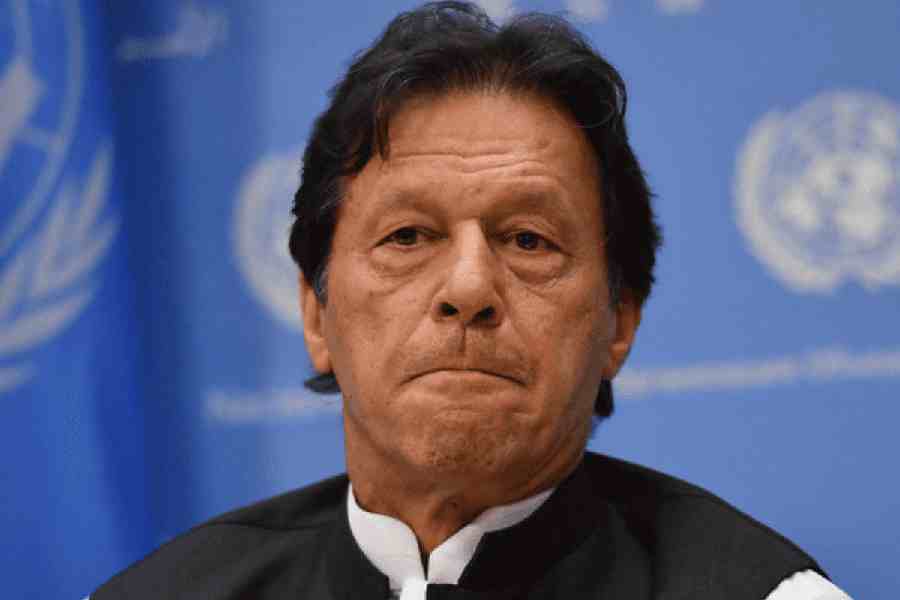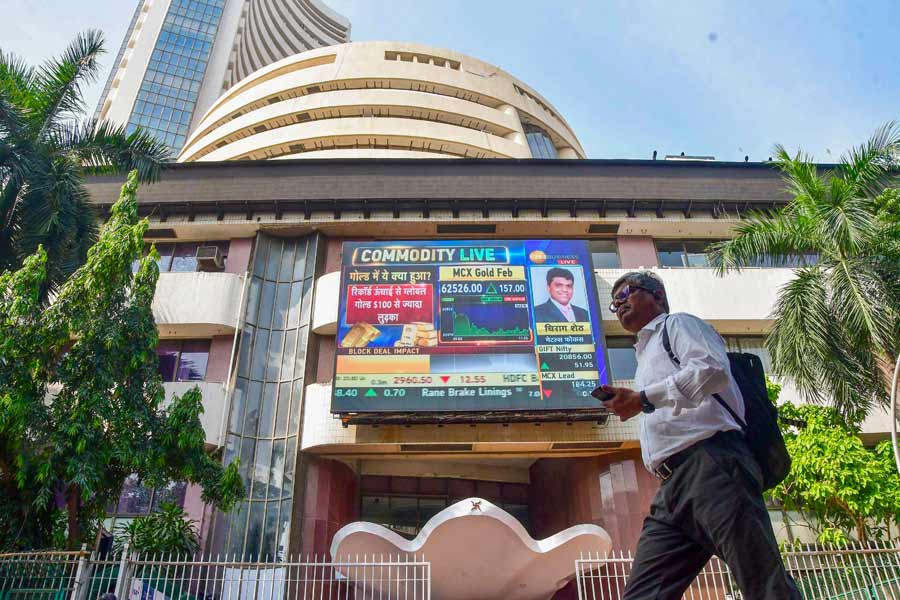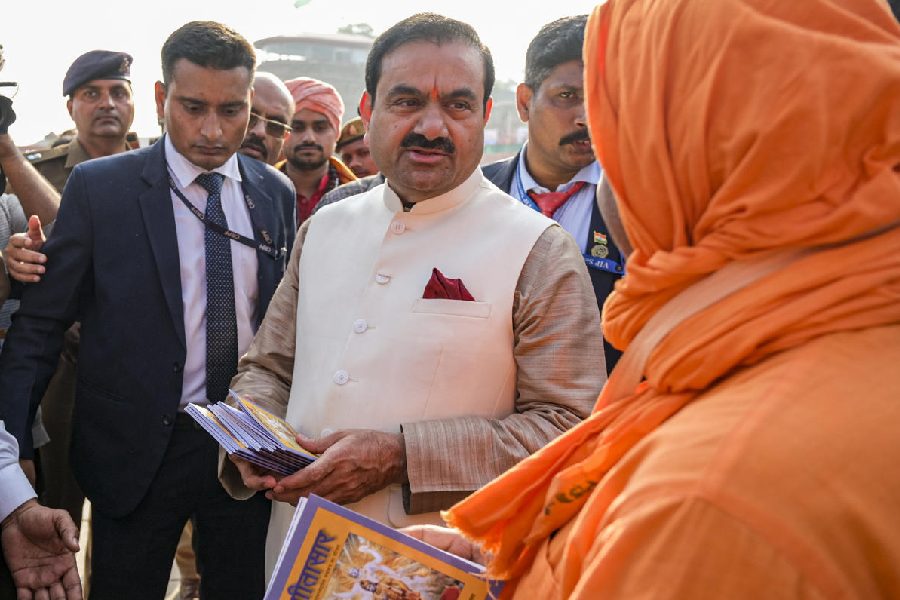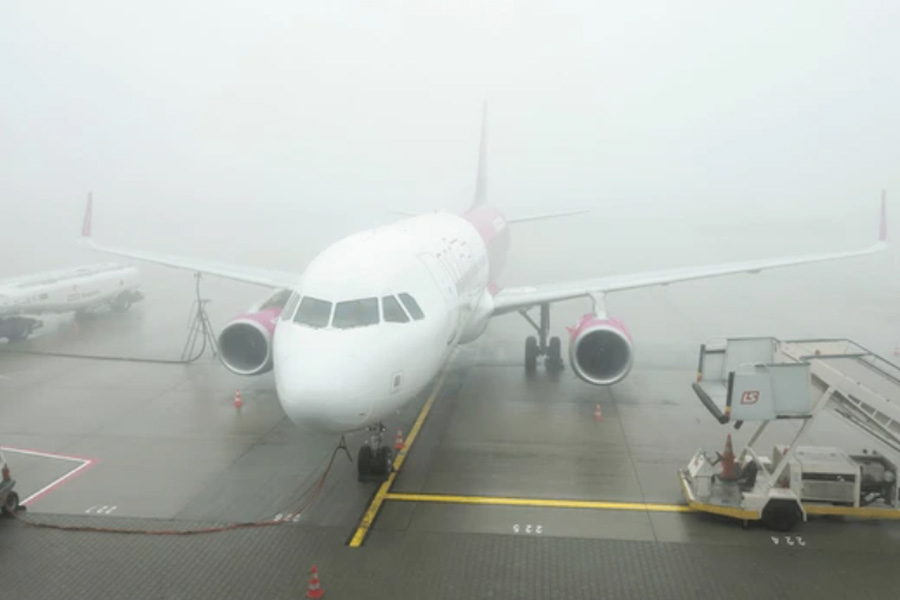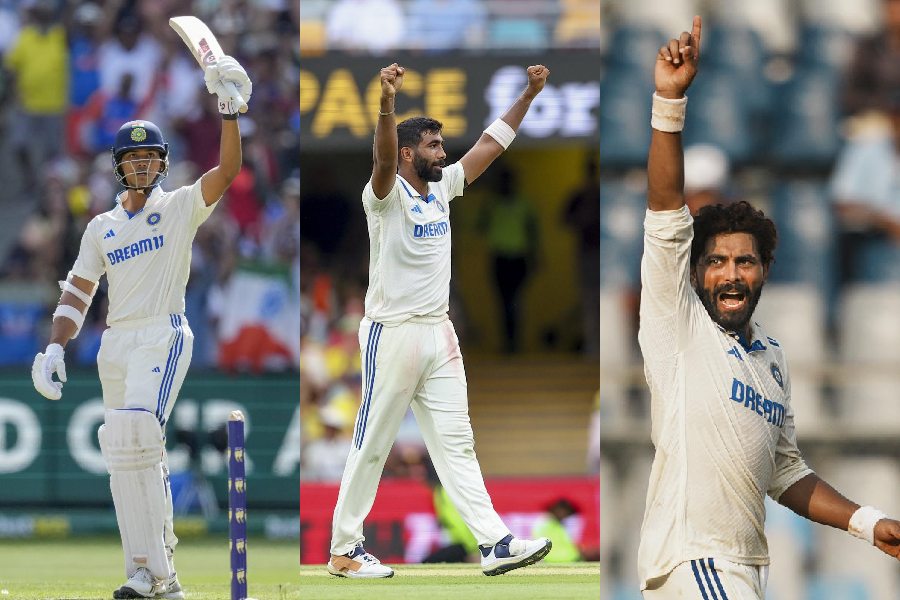Tucked away on a patch of dying grass on the outskirts of Islamabad, the gathering hardly looked like a political rally at the height of an election season. Two dozen men sat on plastic chairs in silence. There were no posters to promote a campaign, no microphones to deliver speeches, no sound system to amp up the crowd.
Even the candidate, Aamir Mughal, was missing: He had gone into hiding months earlier, at the first signs of a military-led crackdown on his political party, Pakistan Tehreek-e-Insaf, or PTI. The authorities had already raided his home, arrested two of his sons and lodged a case against him in connection with anti-military protests.
“They are putting pressure on us to quit the party and to quit politics,” Mughal said in an interview from a safe house where he stayed before emerging for gatherings this weekend. “It’s all part of an effort to weaken and eliminate the party.”
As Pakistan heads to the polls on Thursday, its powerful military is using a familiar playbook to sideline its nemesis of the hour, crippling PTI in the first national election since the party’s leader, former Prime Minister Imran Khan, ran afoul of the generals and was ousted by Parliament in 2022.
PTI candidates have been detained and forced to denounce the party, the candidates say. Their relatives have been arrested and their homes ransacked in an effort to intimidate them, candidates, their relatives and human rights observers say. Officials have prevented other PTI candidates from campaigning, censored news coverage of the party and used Internet blackouts to block live-streamed speeches by PTI leaders. The dragnet has also ensnared hundreds of PTI supporters who have been detained.
Last week, Khan, who has been jailed since August, was sentenced to 10 years in prison on charges of leaking state secrets, and to a 14-year term in a separate corruption case. On Saturday, Khan was given an additional seven-year sentence, as was his wife, Bushra Bibi, on a charge that their marriage broke the law.
While military intervention in Pakistan’s elections is nothing new — Khan himself was a beneficiary in 2018 — the current crackdown has been more visible than those in previous years, analysts say, making this vote among the least credible in Pakistan’s 76-year history.
“These elections won’t have any legitimacy, even less than the 2018 elections,” said Zaigham Khan, a political analyst and columnist based in Islamabad, the capital. “And if an elected government doesn’t have legitimacy, you can’t expect to see political stability or economic stability.”
The military has wielded a heavier hand as it confronts a particularly turbulent moment in Pakistan, a nuclear-armed nation of 240 million people where frustration over the generals’ iron grip has boiled over in recent months.
For most of Pakistan’s existence, the military has either ruled the country directly or exerted enormous influence on civilian governments. When Khan was ousted after a dispute over the military’s leadership, he accused the generals of orchestrating the move. At rallies attended by thousands of supporters, Khan railed against those generals by name — direct criticism that was once unheard-of in a country where people only ever complained in code, referring to the military as “the establishment”.
Viral videos created by Khan’s party stoked frustration with the military among a large base of young supporters who for the first time are coming to terms with what the generals’ hold means for the country’s seemingly eternal quest for sustainable politics. When Khan was arrested in May, hundreds of protesters attacked military installations in once unimaginable scenes.
In the months since, the military has sought to reassert control and make clear that its hand in politics will be lasting, analysts say.
Government officials have denied any unlawful meddling in the elections intended to sideline PTI. They have defended the arrests of PTI members and leaders as a necessary response to the violent protests in May.
Most election observers expect a victory by the Pakistan Muslim League-Nawaz, or PMLN, the party of former Prime Minister Nawaz Sharif — who himself fell out of favour with the military in 2017, only to find himself once more in its favour in this election.
The crackdown has made this perhaps Pakistan’s most muted election in decades. Streets that would normally be filled with political rallies have remained empty. For weeks, many people were convinced that the election would not even be held on the scheduled date. By demoralising and confusing PTI supporters, analysts said, the military hoped to prevent them from going to the polls.
“It looks unlikely that PTI voters will come out — they feel that they already know the election result, it’s predetermined,” said Mohammad Waseem, a professor of political science at the Lahore University of Management Sciences.
Last month, Khan’s party was barred from using its iconic cricket bat symbol — a nod to his sporting fame — to represent its candidates on ballots. That dealt a critical blow to the party in a country where around 40 per cent of people are illiterate and voters rely on symbols to identify candidates.
PTI candidates have also effectively lost their ability to campaign. Permits to hold public rallies have been either revoked or outright denied, according to campaigners and to paperwork viewed by The New York Times. Printing companies have been told not to produce PTI posters, employees say. Those that do manage to get printed quickly disappear.
To shore up support, PTI candidates are campaigning in the shadows in small, private gatherings. On Monday night, dozens of PTI supporters met at a run-down apartment building on the outskirts of the eastern city of Lahore to hear a PTI candidate speak.
Men trickled in from the unlit street, using the flashlight on their phones to climb three flights of concrete steps until they reached the rooftop. Perched on a railing was a green and red PTI flag.
“We are going door to door to spread Imran Khan’s message in these difficult times,” the candidate, Wasim Qadir, told the crowd. “I know you are all supporting us.” He reminded the voters that, with the party’s cricket bat icon prohibited, he would be represented on the ballot by a wicket, while another candidate was using a medallion symbol.
Qadir had planned to hold a public rally earlier that day after receiving permission from the authorities for the first time since he began campaigning. But that morning, four unmarked vehicles arrived at his campaign headquarters, and security officials arrested one of his drivers and confiscated a sound system, according to his campaign manager. The message was unofficial but clear: No rally would be allowed.
The crackdown on PTI supporters has reached into pockets of Pakistani society that were once safe from military harassment. Women have been arrested in droves in connection with the violent protests against the military in May. Even Pakistan’s elite — which have traditionally held close ties to the military — have been swept up.
New York Times News Service

